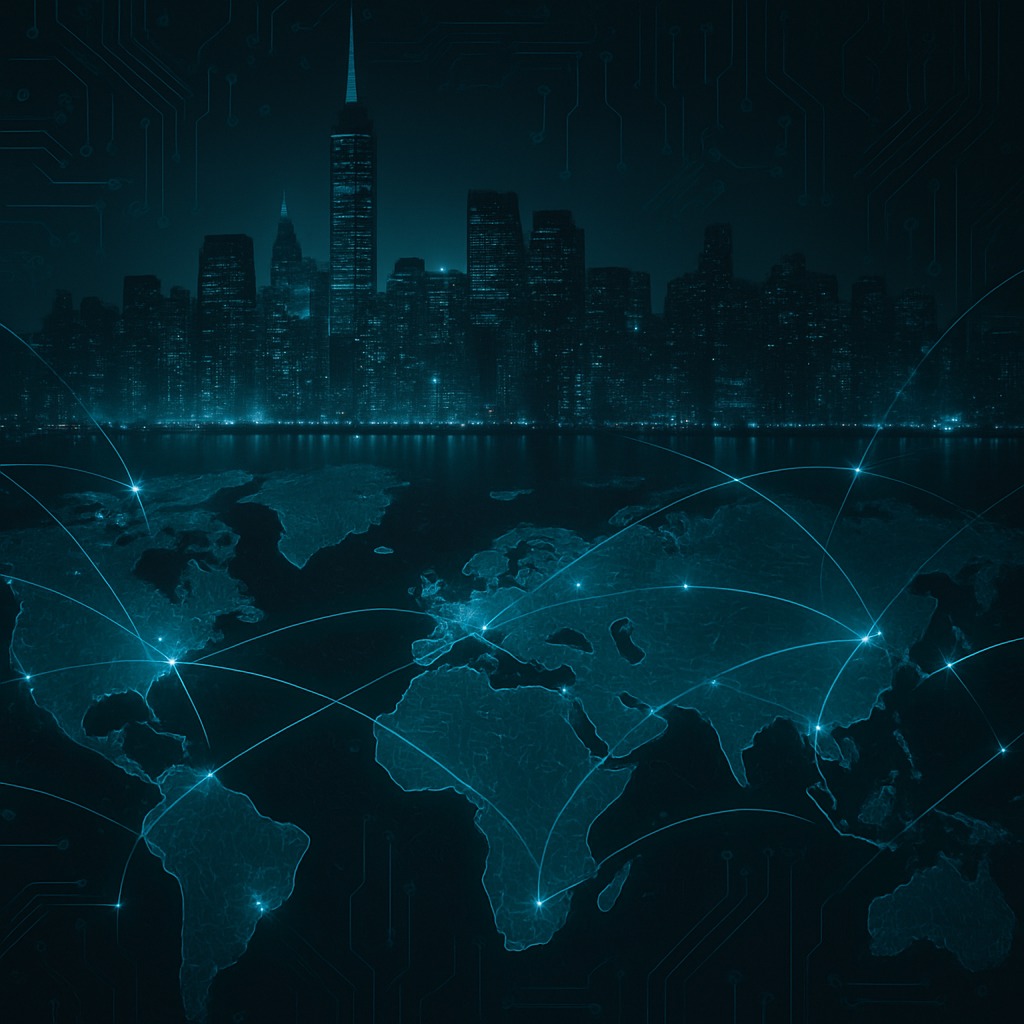Why Do City-States Attract Billionaires? (Part 1)

Tiny country called Singapore with a 5.9 million population is experiencing a very unusual immigration trend from the rest of the world. Right now, in other countries — UK, Australia, Canada, Europe, and Japan — there are anti-immigration protests everywhere. Residents fear that immigrants will take their jobs away, drive up housing prices, and stress public services.
In Singapore, immigrants are the ultra rich. Some of the world’s wealthiest people have been setting up their base in Singapore since a decade now.
In 2019, James Dyson moved Dyson’s HQ to Singapore and bought the country’s most expensive penthouse for 54 million dollars. (CNA)
- In 2024, 47 billionaires and over 3,400 millionaires moved to Singapore.
- As of 2025, Singapore is home to 49 billionaires out of ~3,000 worldwide. Singapore is the world’s 4th wealthiest city, with 242,400 millionaires.
- Population share vs billionaire share: 5.9M (≈0.073% of global population) vs 49 billionaires (≈1.63% of global billionaires).
- In 2024, the new billionaires and millionaires together brought about $150B in wealth — nearly one-third of Singapore’s GDP.
Source note: The Straits Times reporting on billionaire counts; see also the James Dyson coverage above. Figures are rounded for readability.
Part 2 will examine which policies are attracting the wealthy — from tax treatment and residency regimes to financial plumbing and governance predictability.


